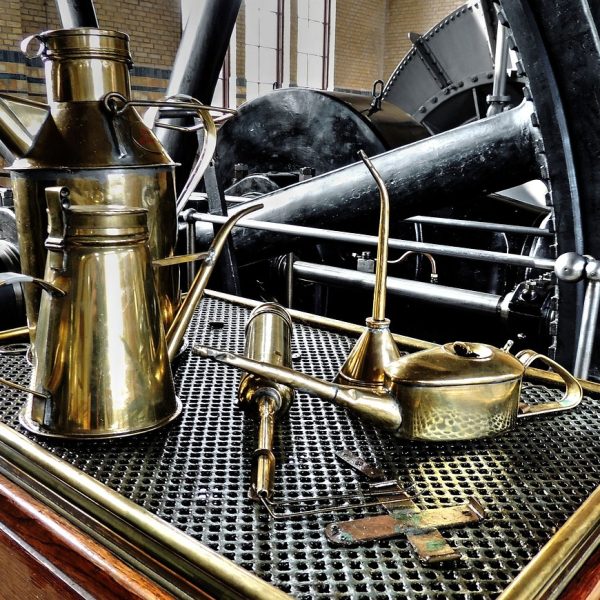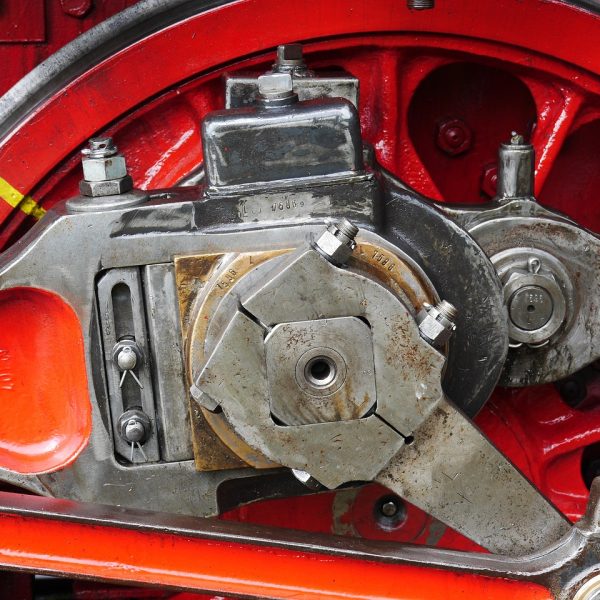Greases
Grease is a thickened oil that provides excellent adherence to surfaces and is commonly used in applications where frequent reapplication of oil is impractical. Greases are ideal for bearings, joints, and other components subject to high pressure and varying loads.



